Nutrition Supplements for Cancer Patients
Evidence-based information on supplements that may support cancer treatment and recovery
Understanding Nutrition Supplements for Cancer Care
While a balanced diet is crucial for cancer patients, certain supplements may offer additional support during treatment. Below is an evidence-based guide to key supplements, their potential benefits, and considerations for use.

Important Considerations
Consult Your Healthcare Team
Always discuss supplements with your oncologist or registered dietitian before starting any new regimen. Some supplements may interact with chemotherapy, radiation, or other medications.
Whole Foods First
Supplements should complement, not replace, a nutrient-dense diet. Focus on whole foods like fruits, vegetables, lean proteins, and healthy fats as the foundation of your nutrition plan.
Quality Matters
Not all supplements are created equal. Choose high-quality brands that undergo third-party testing for purity and potency. See our guide below for selecting the best supplement brands.
Key Nutrition Supplements
Explore evidence-based information on supplements that may support cancer treatment, recovery, and overall well-being.

Black Cumin, also known as Black Seed or by its botanical name Nigella sativa, is an ancient medicinal plant revered for its immune-supporting, anti-inflammatory, and antioxidant properties. Used for over 2,000 years in traditional systems such as Ayurveda, Unani, and Middle Eastern medicine, it has been called “the seed of blessing” (Habbatul Barakah) for its profound and wide-ranging health benefits.

Lycopene is a naturally occurring carotenoid pigment responsible for the rich red color of tomatoes, watermelon, pink grapefruit, and other fruits. It is a powerful antioxidant and cell-protective compound, recognized for its role in promoting cardiovascular health, prostate protection, and overall cellular resilience.

Pau d’Arco—also known as Lapacho or Taheebo—is derived from the inner bark of the Tabebuia avellanedae or Tabebuia impetiginosa tree, native to the Amazon rainforest and other tropical regions of South America. Traditionally revered by Indigenous healers, Pau d’Arco has been used for centuries as a natural tonic, antimicrobial, and immune-supporting remedy.

Frankincense, also known as Boswellia, is a fragrant resin derived from the bark of trees belonging to the Boswelliagenus—particularly Boswellia serrata, Boswellia carterii, and Boswellia sacra. Revered for millennia in Ayurvedic, Egyptian, and traditional Middle Eastern medicine, frankincense has long been associated with healing, purification, and spiritual balance.

Doxycycline is a broad-spectrum tetracycline-class antibiotic known for its antibacterial, anti-inflammatory, and anti-proteolytic properties. Originally developed to combat bacterial infections, doxycycline has evolved into a multifunctional therapeutic agent used not only in infectious disease management but also in integrative, dermatologic, and oncological medicine due to its regulatory effects on inflammation, enzymes, and cellular signaling.

Dichloroacetate (DCA) is a small, synthetic compound that acts as a metabolic modulator, known for its ability to shift cellular energy production from glycolysis (sugar fermentation) toward oxidative phosphorylation (mitochondrial respiration). Initially studied for rare metabolic and mitochondrial disorders, DCA has since drawn significant attention in oncology, neurology, and integrative medicine for its role in normalizing cellular metabolism and supporting mitochondrial function.
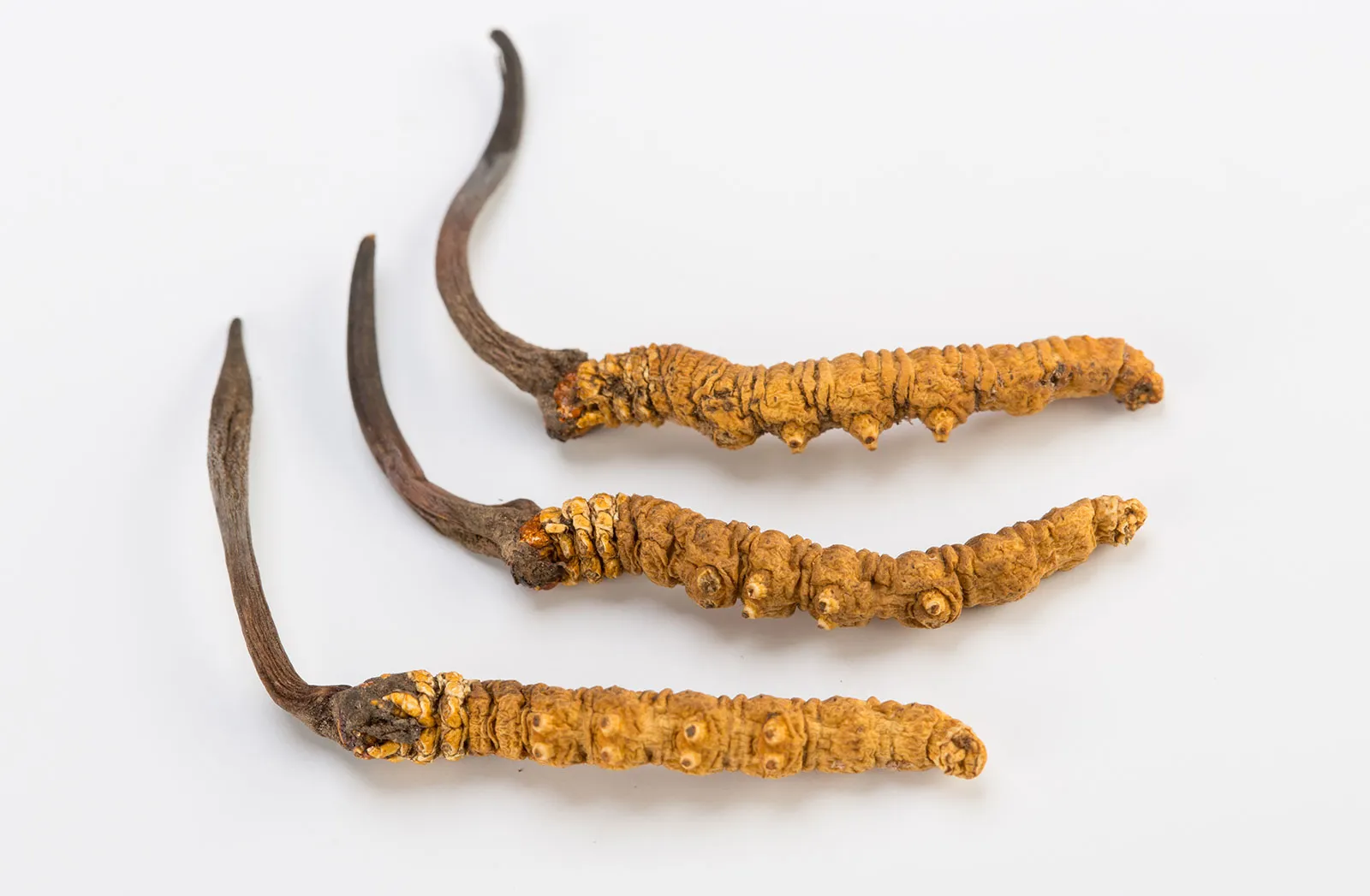
Cordyceps sinensis—also known as the “Himalayan Caterpillar Fungus” or “Dong Chong Xia Cao”—is a rare and highly prized medicinal mushroom traditionally used in Tibetan and Chinese medicine for centuries. It naturally grows in the high-altitude regions of the Himalayas, parasitically on caterpillar larvae, though today it is primarily cultivated through advanced fermentation or mycelial culture techniques for sustainability and purity.
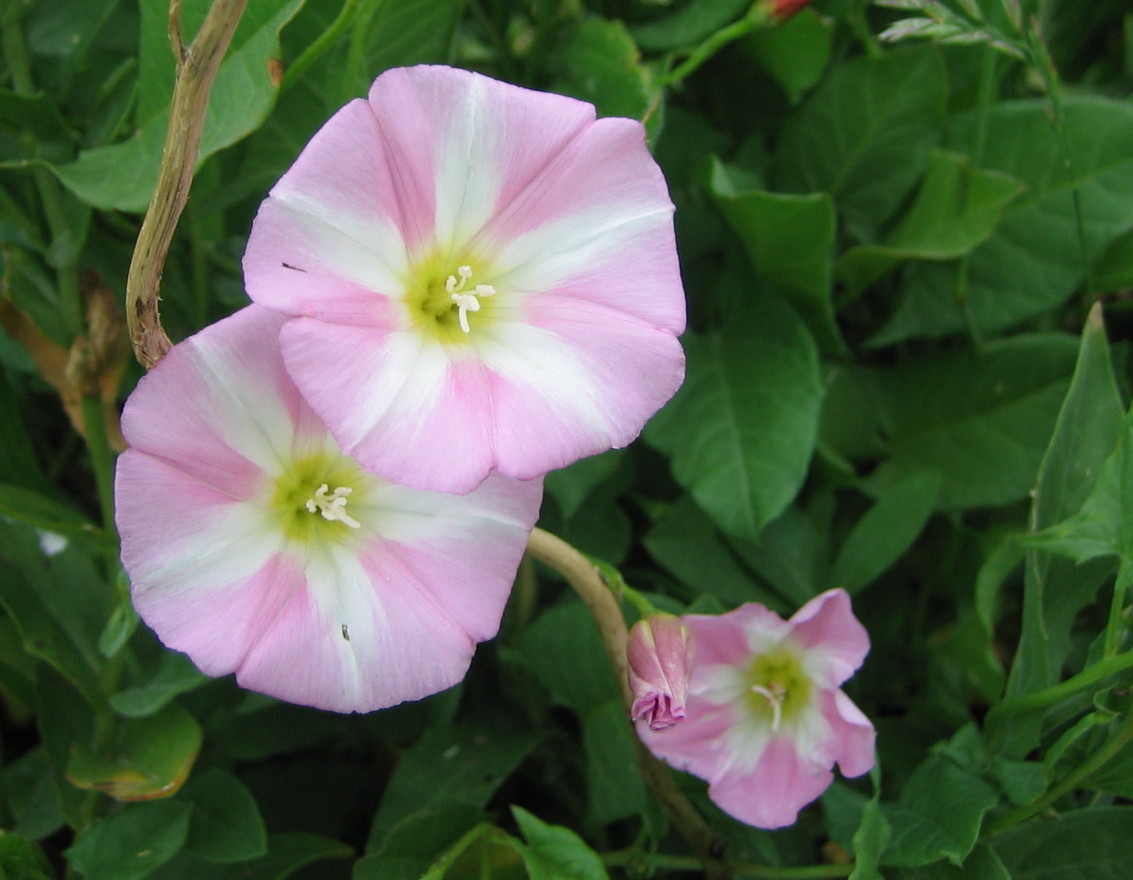
C-Statin is a natural bioactive extract derived from the plant Bindweed (Convolvulus arvensis), standardized for its proteoglycan mixture (PGM) known for potent anti-angiogenic and immune-modulating properties. Unlike pharmaceutical statins that act on cholesterol pathways, C-Statin works by inhibiting abnormal blood vessel formation (angiogenesis)—a process critical for maintaining healthy tissue growth and preventing uncontrolled cellular proliferation.

Butyric acid—also known as butanoic acid—is a short-chain fatty acid (SCFA) naturally produced in the colon through the fermentation of dietary fiber by beneficial gut bacteria. It serves as a primary energy source for colonocytes (the cells lining the large intestine) and plays a pivotal role in maintaining gut integrity, immune regulation, and metabolic balance.

Micellized D3 is an advanced, highly bioavailable form of vitamin D3 (cholecalciferol) that has been converted into micelles—tiny, water-soluble droplets that dramatically enhance absorption. Unlike traditional fat-based vitamin D supplements, Micellized D3 bypasses the need for bile or dietary fat for absorption, making it ideal for individuals with digestive, hepatic, or fat-malabsorption issues.
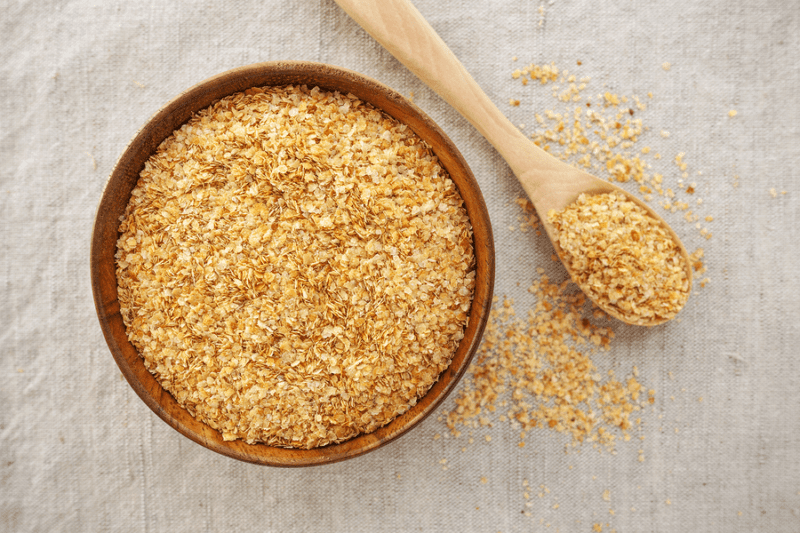
Avemar Pulvis is a scientifically developed fermented wheat germ extract (FWGE) standardized for its bioactive compound 2,6-dimethoxy-p-benzoquinone (DMBQ). Originating from the pioneering work of Hungarian biochemist Dr. Máté Hidvégi, Avemar has been extensively studied for its immune-modulating, metabolic-regulating, and cellular-protective properties.

Ascorbic acid—commonly known as Vitamin C—is a water-soluble vitamin and essential micronutrient required for numerous physiological functions. It is a powerful antioxidant and a vital cofactor in many enzymatic reactions that support collagen synthesis, immune defense, neurotransmitter production, and overall cellular health.

Artesunate is a semi-synthetic derivative of artemisinin, a naturally occurring compound extracted from Artemisia annua(sweet wormwood). Originally developed as a potent antimalarial agent, Artesunate has since gained recognition for its broader biological and therapeutic potential, particularly in the areas of oxidative balance, immune modulation, and cellular protection. It represents a refined fusion of traditional herbal wisdom and modern pharmaceutical innovation.

Agaricus blazei Murill (often abbreviated as ABM) is a medicinal mushroom native to the rainforests of Brazil and now cultivated globally for its remarkable health-promoting properties. Also known as the “Mushroom of Life” or “Royal Sun Agaricus,” it belongs to the Agaricaceae family and is celebrated for its rich concentration of polysaccharides, particularly β-glucans, which play a central role in immune modulation and cellular protection.

Amygdalin is a naturally occurring compound found in the seeds of certain fruits—most notably apricots, bitter almonds, apples, peaches, and plums. It belongs to a group of plant-derived substances known as cyanogenic glycosides, which can release small amounts of cyanide under specific metabolic conditions. Historically, amygdalin has been studied for its potential physiological and biochemical effects, particularly in the context of cellular health and detoxification.
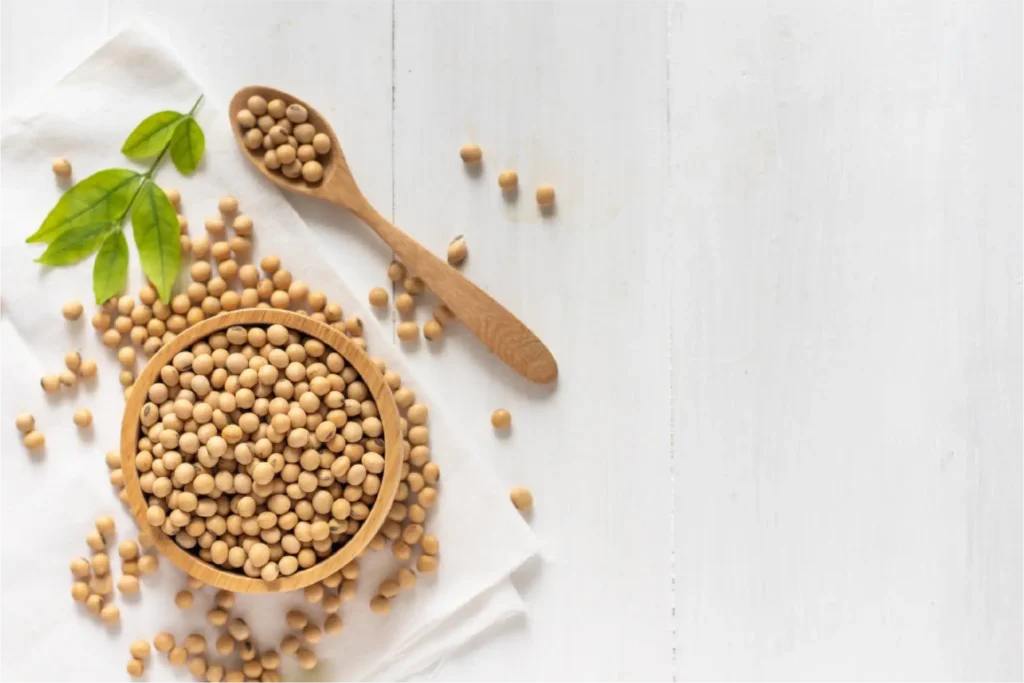
Use low-dose radiation to create images of the inside of the body.
-
May reduce risk of hormone-related cancers
-
Supports DNA repair mechanisms
-
May enhance chemotherapy effectiveness
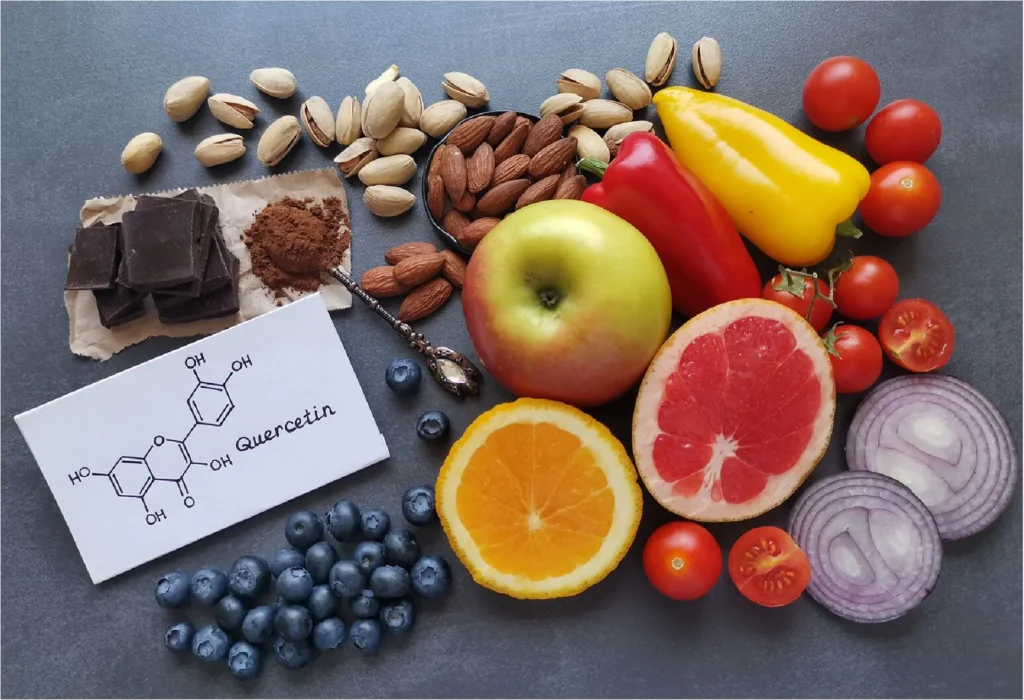
A flavonoid antioxidant found in apples, onions, and berries, with anti-inflammatory and anti-cancer properties.
-
Modulates cell signaling pathways
-
May enhance immune function
-
Potential chemo-sensitizing effects
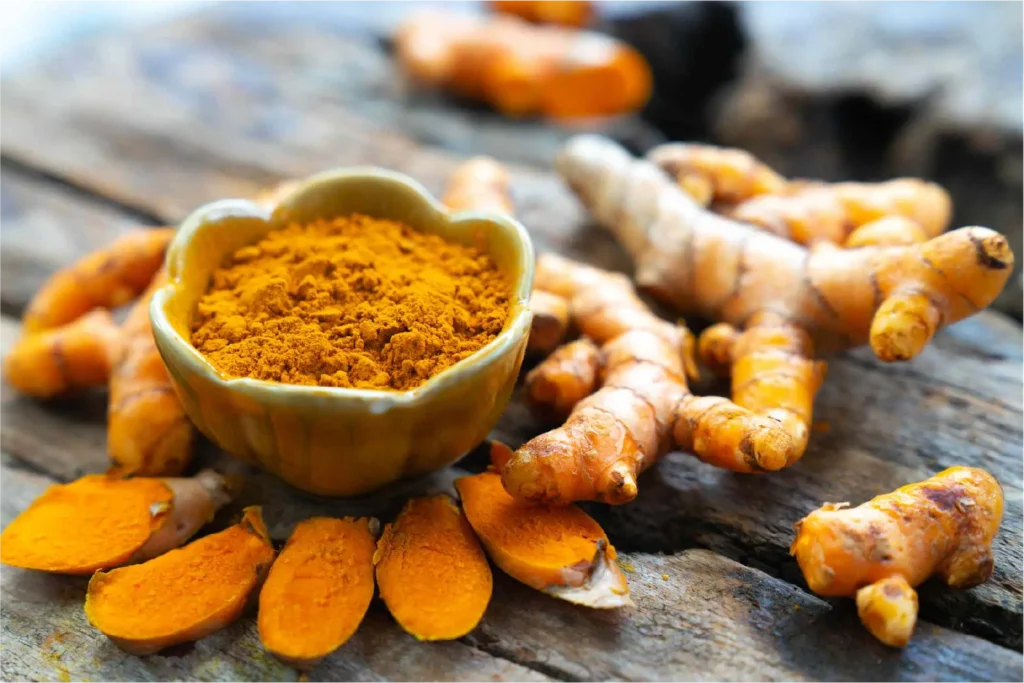
The active compound in turmeric, known for its anti-inflammatory and anti-cancer properties.
-
Inhibits NF-κB pathway activation
-
Supports liver detoxification
-
May reduce chemotherapy side effects

A polyphenol found in grapes and red wine, with antioxidant and potential anti-cancer effects.
-
Activates sirtuin proteins
-
Suppresses cancer cell survival
-
May enhance DNA repair
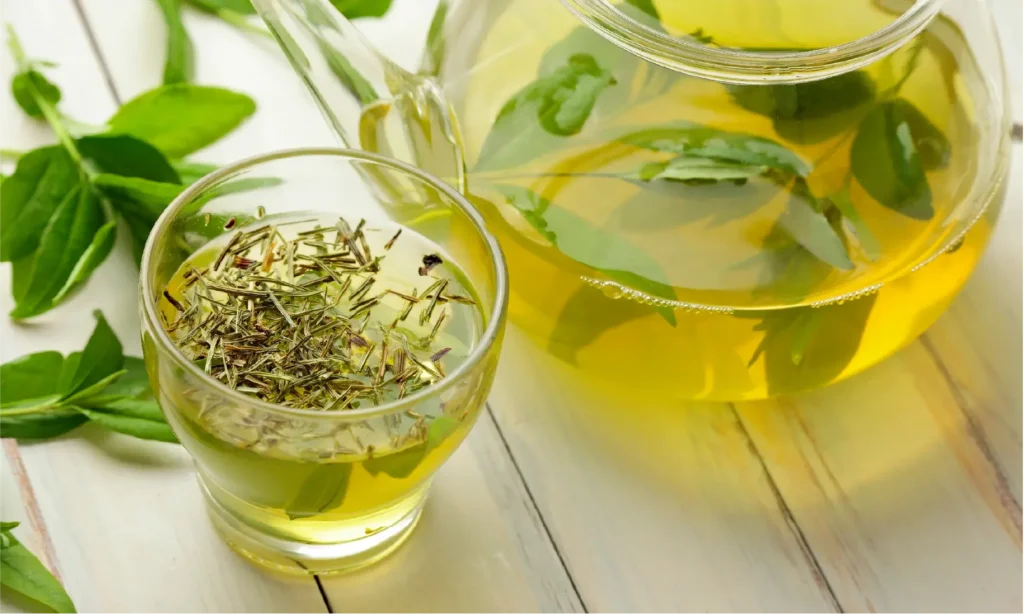
A powerful antioxidant from green tea, shown to inhibit cancer cell growth and angiogenesis.
-
Modulates epigenetic modifications
-
Inhibits metastasis
-
May enhance treatment response
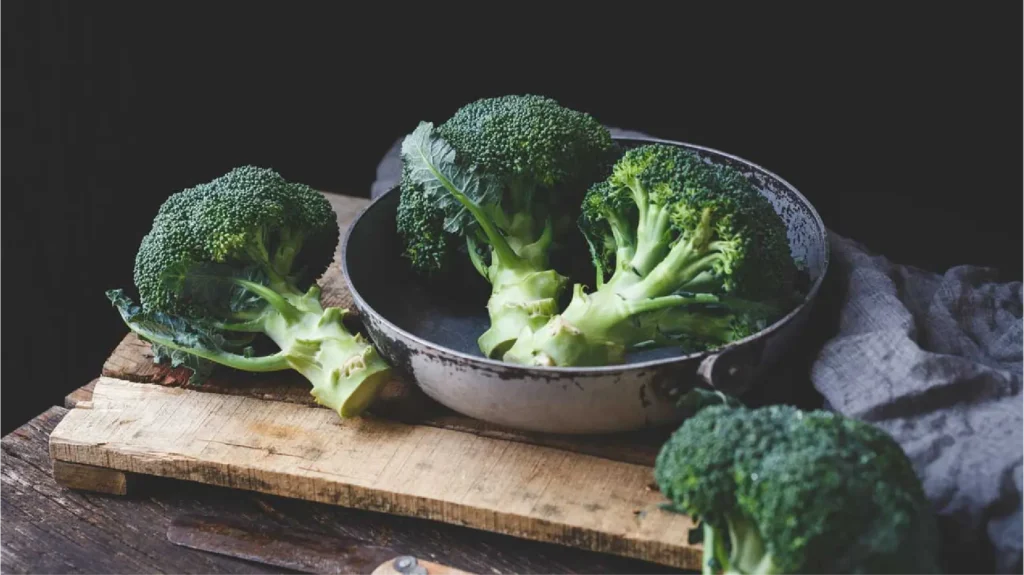
A compound found in broccoli sprouts, known for its detoxification and anti-cancer properties.
-
Activates Nrf2 detox pathway
-
Induces cancer cell apoptosis
-
Modulates inflammatory pathways

A compound found in cruciferous vegetables, which may help regulate hormone metabolism.
-
Promotes healthy estrogen metabolism
-
May reduce risk of hormone-related cancers
-
Supports detoxification pathways

A metabolite of indole-3-carbinol, which may help balance hormones and support detoxification.
-
Optimizes estrogen metabolism
-
May inhibit cancer cell proliferation
-
Supports immune function

A powerful antioxidant found in tomatoes and other red fruits, with potential anti-cancer effects.
-
Protects against oxidative damage
-
May reduce risk of prostate cancer
-
Inhibits cancer cell growth

A flavonoid found in celery, parsley, and chamomile, with anti-inflammatory and anti-cancer properties.
-
Inhibits cancer cell proliferation
-
Suppresses angiogenesis
-
May enhance chemotherapy sensitivity

A flavonoid found in chamomile tea and vegetables, with potential anti-cancer and anti-inflammatory effects.
-
Induces cancer cell apoptosis
-
Inhibits metastasis
-
Modulates immune response
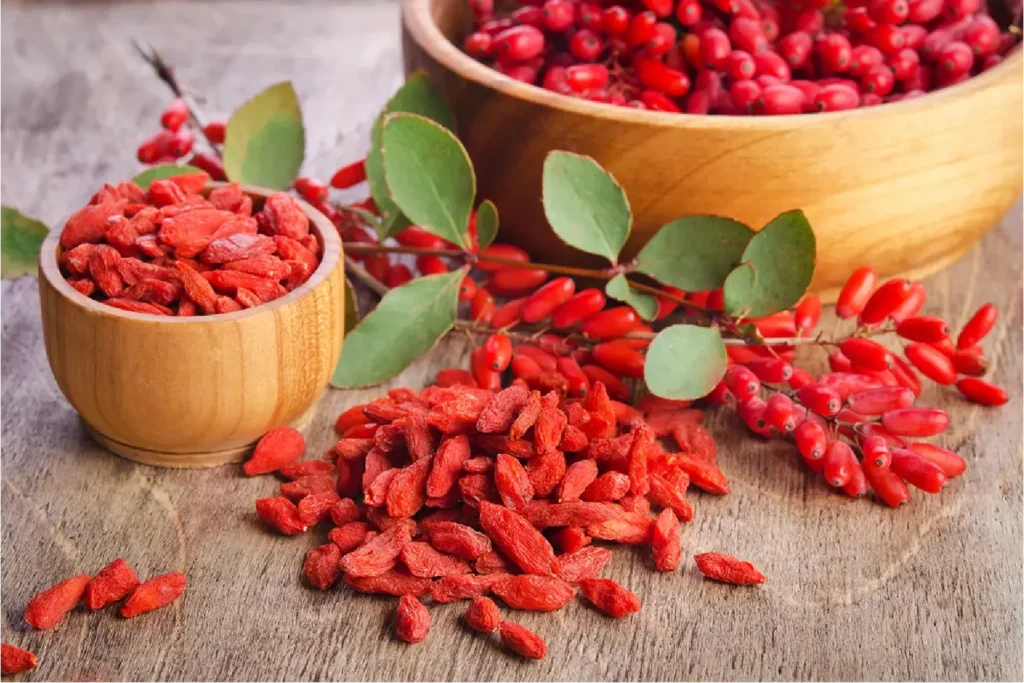
A compound found in goldenseal and barberry, with anti-cancer, anti-inflammatory, and metabolic benefits.
-
Regulates glucose and lipid metabolism
-
Induces cancer cell death
-
Suppresses cancer stem cells
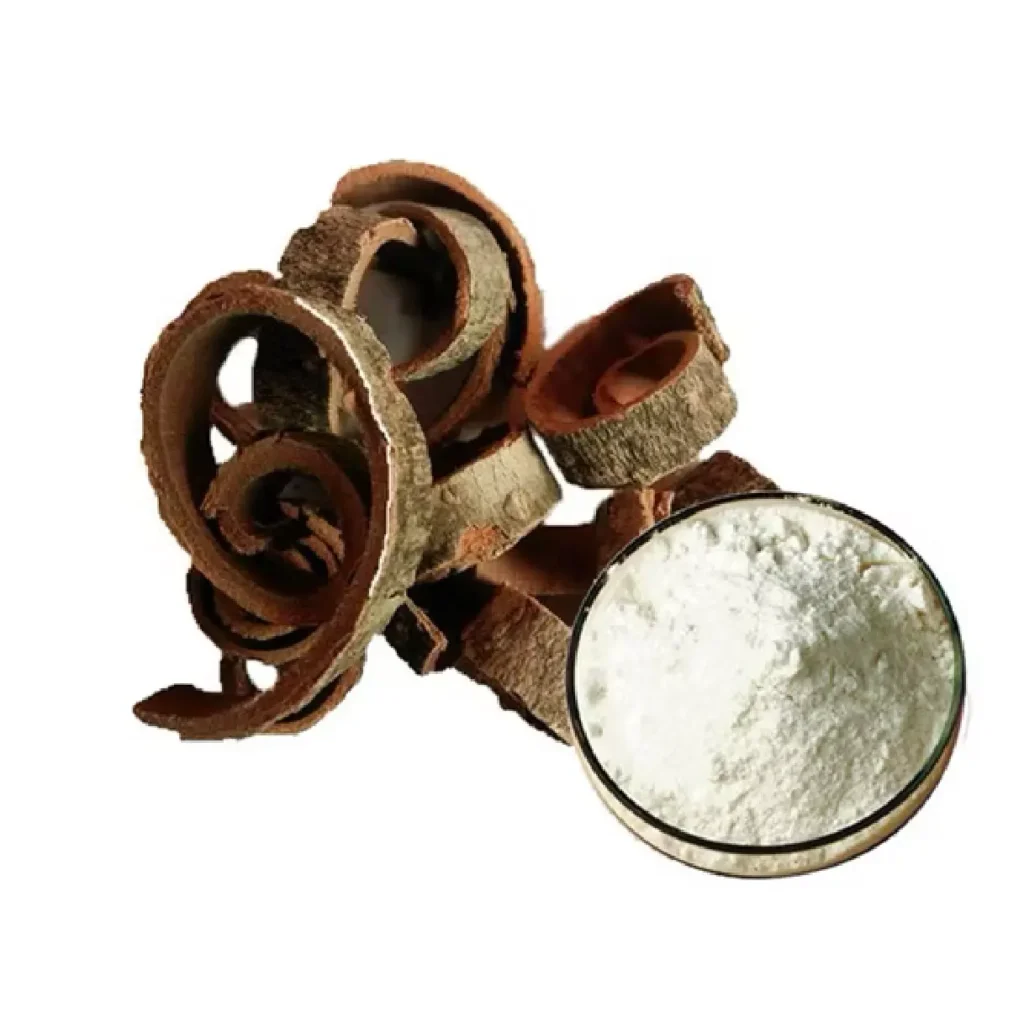
A compound found in magnolia bark, with anti-inflammatory, anti-angiogenic, and anti-cancer properties.
-
Inhibits cancer cell migration
-
Suppresses tumor growth
-
May enhance chemotherapy efficacy
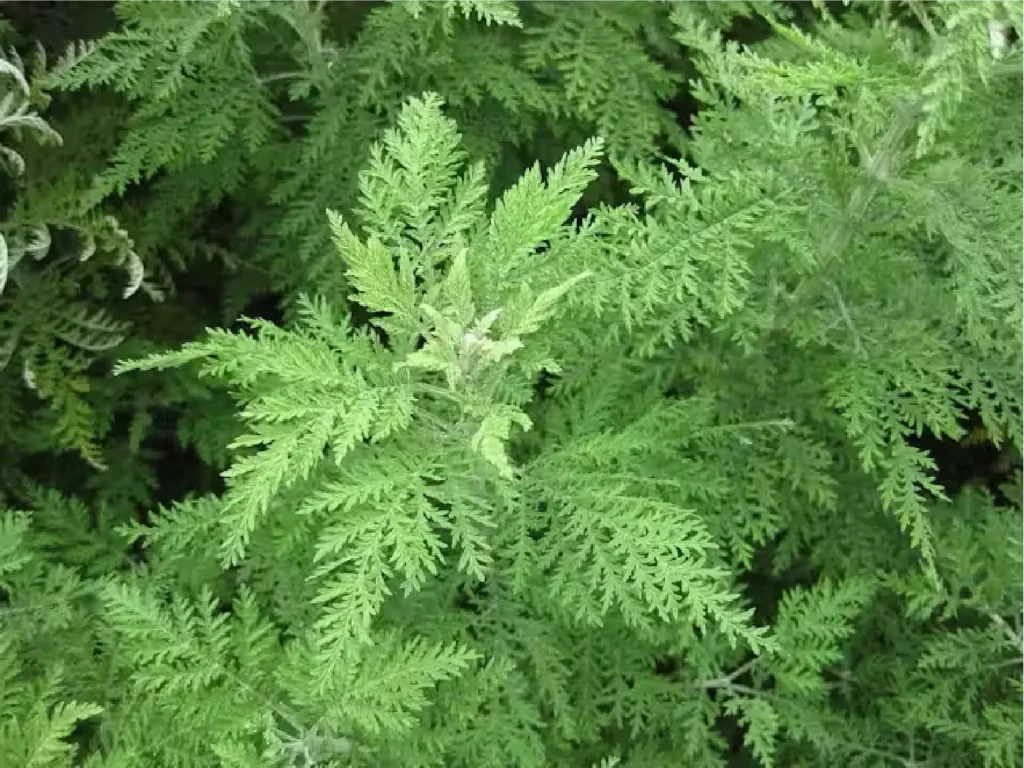
A compound derived from sweet wormwood, with potential anti-cancer properties targeting iron-rich cancer cells.
-
Selectively targets cancer cells
-
Induces oxidative stress in tumors
-
May enhance chemotherapy effects

A hormone regulating sleep-wake cycles, with potential anti-cancer and immune-supportive properties.
-
Regulates circadian rhythm
-
Enhances immune function
-
May inhibit cancer cell growth
How to Choose the Best Supplement Brand
Not all supplements are created equal. Here’s what to look for when selecting a high-quality product.
Scientific Research
Scientific Research Look for supplements backed by clinical studies, especially those specific to cancer cell lines or patient populations.
Third-Party Testing
Choose brands that undergo independent testing for purity, potency, and contaminants (e.g., NSF, USP, ConsumerLab).
Quality Ingredients
Opt for products with high-quality, bioavailable ingredients and minimal fillers, additives, or artificial colors.
Start Your Educational Journey Today
Empower yourself with knowledge about precision metabolic oncology and take an active role in your cancer care journey.
